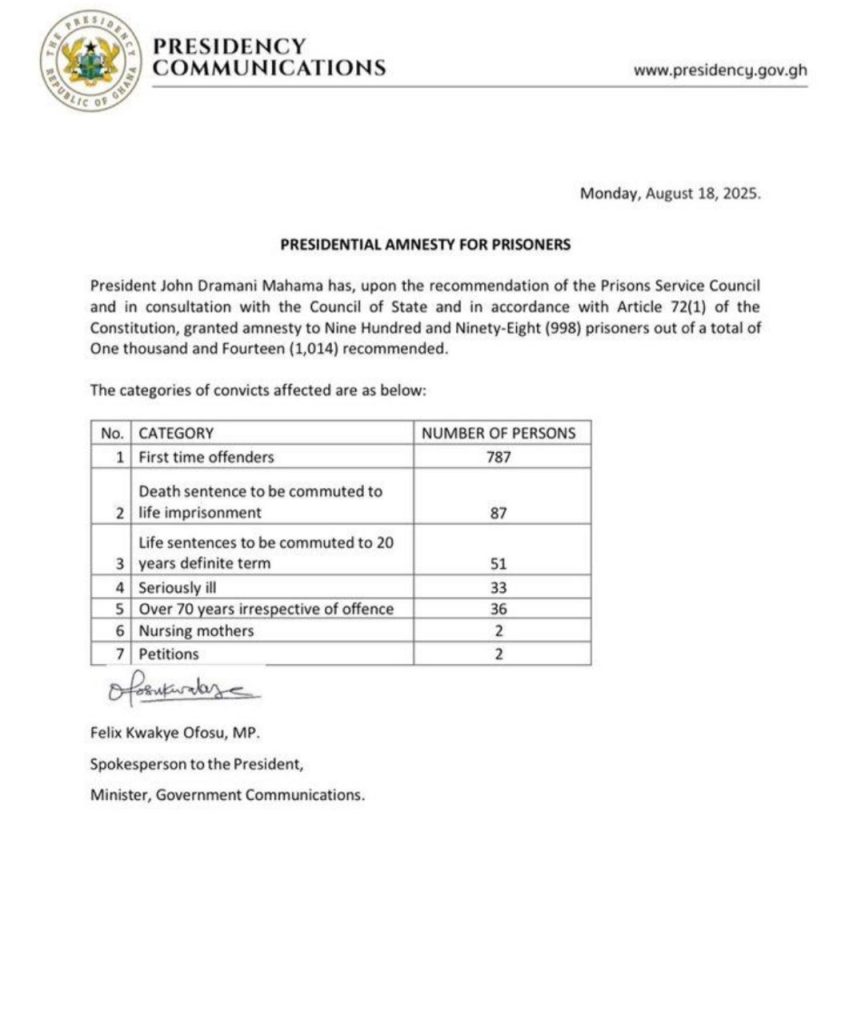In a recent exercise of constitutional authority, the President of the Republic of Ghana granted amnesty to nearly one thousand inmates across various correctional centers in the country. The decision, rooted in Article 72 of Ghana’s Constitution, affirms the President’s legitimate power to remit sentences, pardon, or commute punishments. Importantly, such decisions are not taken in isolation—they are made in close consultation with institutions that superintend correctional facilities, including the Ghana Prisons Service and the Council of State. This ensures that the process is guided by fairness, humanitarian considerations, and the broader goal of national reformation.
While this gesture is laudable, the story does not end at the prison gates. Inmates who gain their freedom often face harsh realities upon re-entering society. Stigma remains a formidable barrier; many are unfairly branded by their past, regardless of the reform they have undergone. Beyond stigma, the greatest hurdle is economic survival. Financial struggles, lack of employment opportunities, and overdependence on relatives often make reintegration difficult. This economic void has historically fueled recidivism—the tragic cycle where ex-offenders fall back into crime simply as a means of survival.
The true purpose of incarceration should be reformation and change, not perpetual punishment. To reduce recidivism and empower reformed citizens, skills training is indispensable. It is here that Reduce Recidivism Ghana, founded by Tracy Frimpong, is making a significant impact. The organization is dedicated to providing inmates with vocational, entrepreneurial, and literacy skills that foster self-reliance. Training covers a wide spectrum—from detergent production (including bar soap, liquid soap, and shower gels) to sewing, shoemaking, and digital literacy. These are practical skills that can be translated into income-generating ventures upon release.
The passion and commitment of Tracy Frimpong and her team are evident. To date, Reduce Recidivism Ghana has successfully organized over 30 workshop sessions across correctional centers in Accra, with a strong emphasis on the reformation of juveniles. The vision is clear: break the cycle of recidivism, empower former inmates, and promote entrepreneurship that contributes to Ghana’s socio-economic growth.
To scale this mission, the organization calls for sponsorship, partnerships, and donations from individuals, corporate bodies, religious institutions, and civil society organizations. Additionally, there is a heartfelt appeal for volunteers—trainers with expertise in diverse skills—who can contribute to broadening the scope of training offered to inmates.
As a nation, we must remember that inmates are not “lesser” humans; they are our brothers and sisters who deserve the opportunity to reset their lives. Successful reformation and reintegration serve not just the individual but the entire society by reducing crime and fostering productivity.
We extend profound gratitude to the President of Ghana for exercising his constitutional mandate to grant amnesty, a decision that underscores his commitment to the resetting agenda. But we also remind ourselves that the journey of true justice continues beyond pardon. It lies in ensuring that reformed men and women are fully equipped to rejoin society with dignity, independence, and hope. This is the very fight Reduce Recidivism Ghana has taken up—and one we must all support.



